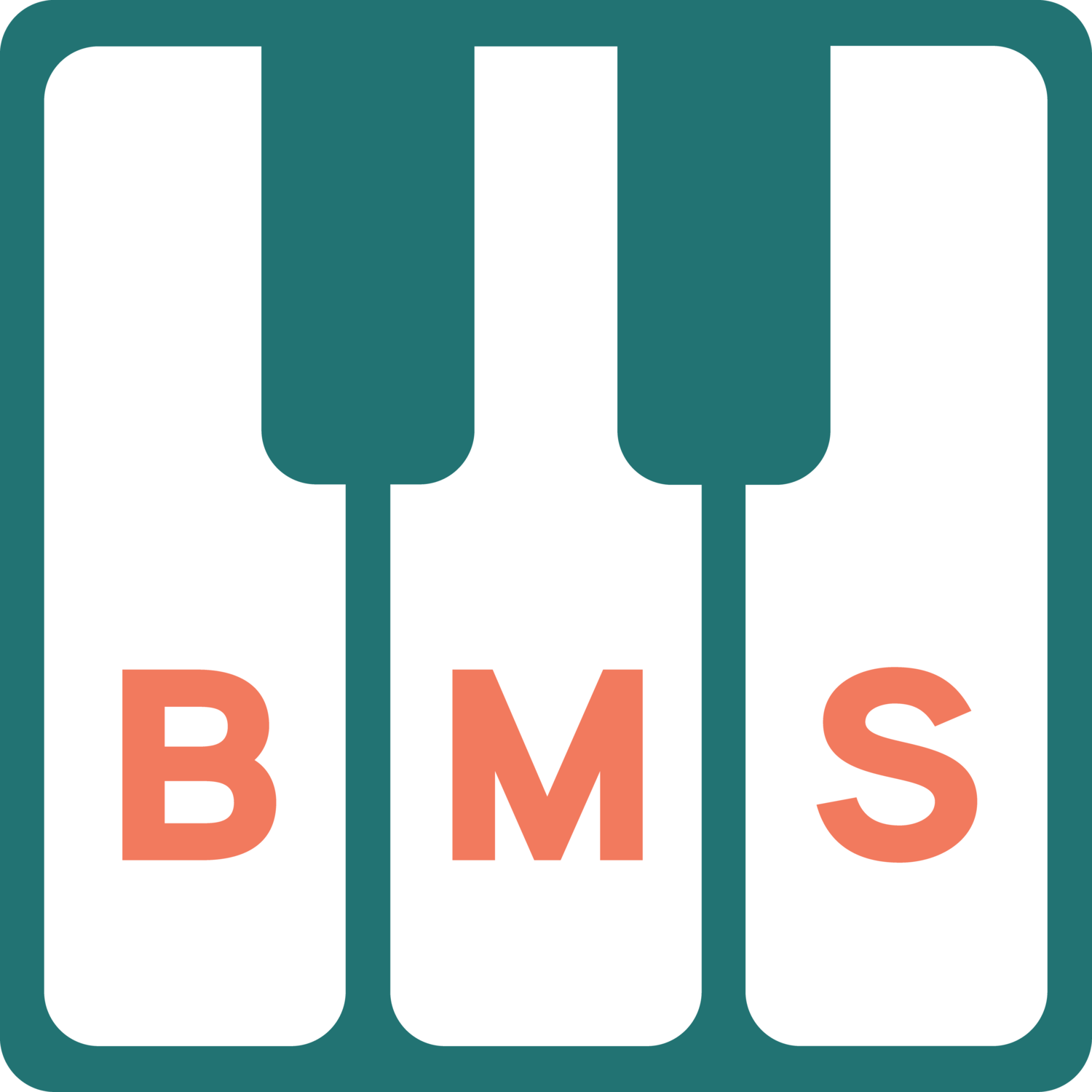Tone Deafness
As a singer, and teacher of singing, I am very familiar with certain responses from people when telling them my profession. One that I’ve heard thrown around casually sounds like “oh I wish I could sing, but I am totally tone deaf.” So is tone deafness real, and do you have it? Being tone deaf is a real, tested and proven thing, it has been categorized as a type of learning disability that affects one’s ability in relation to pitch and music. So yes some people do have this, but you probably don’t. If you are curious, Harvard has an online study you can complete to test yourself here. Of course an actual diagnosis of amusia would require multiple tests conducted by a medical doctor.
Studies have shown that congenital amusia (tone deafness from birth) affects about 4 percent of the population, which is by no means a small number. Amusia can come in varying forms, as mentioned some are born with this, others could acquire it through a brain injury such as a lesion or hemorrhage. In a very basic sentence, congenital amusia is caused by a disconnect in the white matter connectivity fibres between the temporal and frontal lobes of the brain. These fibres are called arcuate fasciculus. (The Journal of neuroscience, reference article 1).
One study (reference article 2), stated “affected individuals, who are otherwise unimpaired, have extreme difficulties appreciating, perceiving, and memorizing music.” I want to clarify that the wording here does not imply tone deaf people cannot appreciate music, but rather their ability to remember and recognize melodies and songs is drastically impaired.
So chances are you probably don’t have amusia, but if you still think of yourself as “pitch / tone challenged,” there are a lot of other reasons that are totally within your control to change. Things like breath control, vowel shape, different unnecessary muscle tensions in the instrument of the voice, are just a few examples. These technical issues are completely within your grasp to change and improve. Or if you play an instrument and don’t have to generate the pitch yourself, there are several ear training exercises you can do to strengthen your understanding of pitch. Basically, if you are interested in learning music, but think you “don’t have the ear for it,” you can still learn! If you are willing to put in the effort, you can learn and allow yourself to enjoy the gift of music.
Reference article 1 - Loui, Psyche et al. “Tone deafness: a new disconnection syndrome?.” The Journal of neuroscience : the official journal of the Society for Neuroscience vol. 29,33 (2009): 10215-20. doi:10.1523/JNEUROSCI.1701-09.2009 https://www.ncbi.nlm.nih.gov/pmc/articles/PMC2747525/#
Reference article 2 - Peretz I, Ayotte J, Zatorre RJ, Mehler J, Ahad P, Penhune VB, Jutras B. Congenital amusia: a disorder of fine-grained pitch discrimination. Neuron. 2002 Jan 17;33(2):185-91. doi: 10.1016/s0896-6273(01)00580-3. PMID: 11804567. https://pubmed.ncbi.nlm.nih.gov/11804567/

DISCLAIMER
I am not a medical doctor. These posts are all anecdotal, based on experiences through my own learning, understanding and teaching. My musical knowledge is based primarily in the Western classical tradition, which by no means defines the only perspective to learn and understand music.

